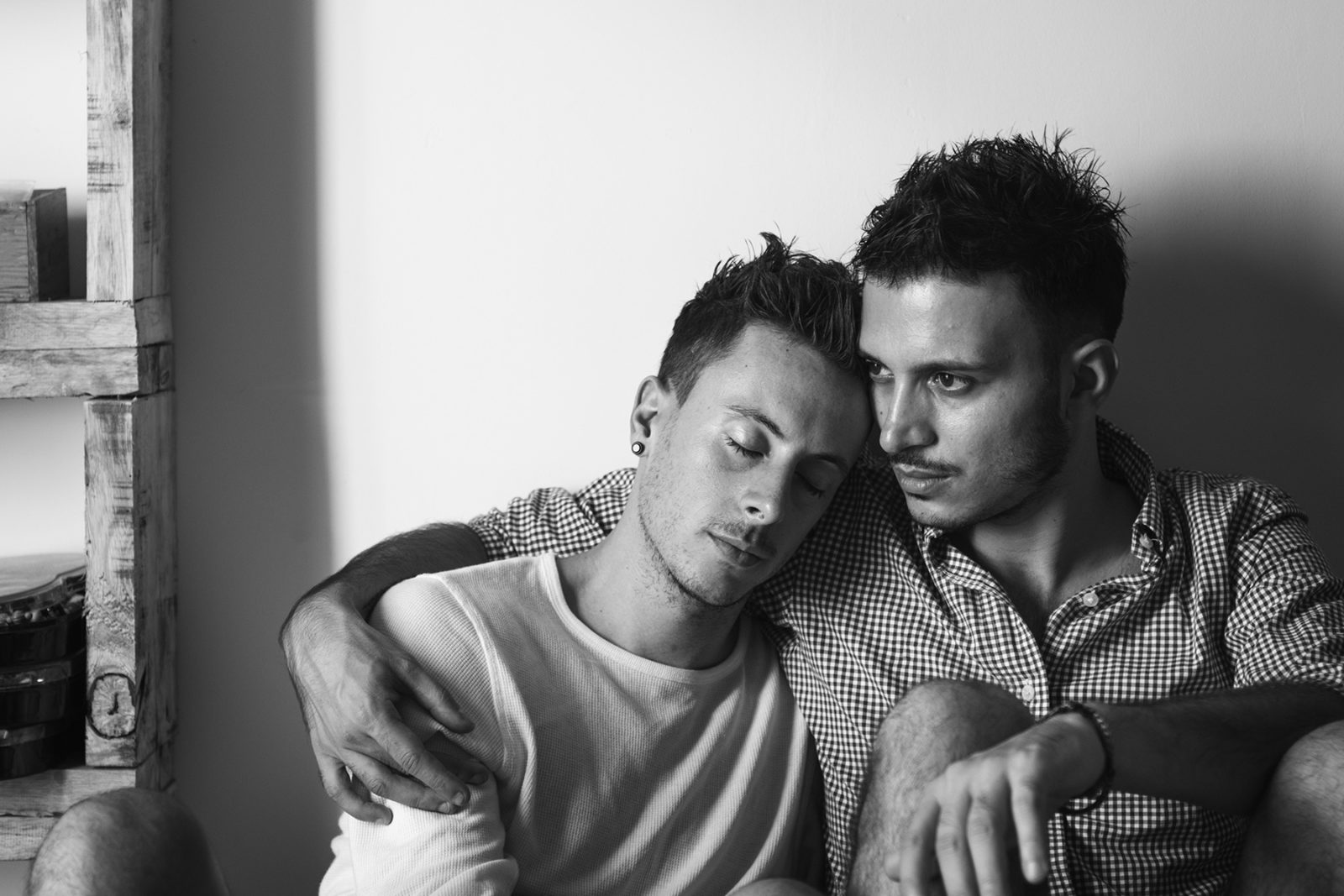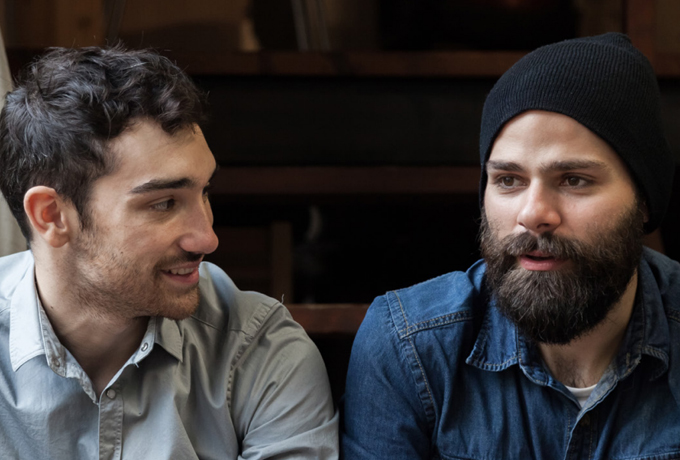Men and Separation - Navigating the Future
Men and Separation is a resource to highlight the support options available to men when making decisions as they go through a separation.
Read moreSexuality can be confusing at the best of times. Here MensLine Australia discusses how feeling unsure about your sexual orientation, or unable to reveal your sexual identity for fear of rejection or discrimination can be a difficult experience and the steps you can take to find support.

Feeling unsure about your sexual orientation, or unable to reveal your sexual identity for fear of rejection or discrimination can be a difficult experience.
If you are in this situation, remember that it gets better with time. You will find your sexual place in the world and have people around you who support and accept you for who you are.
Some people know they are same-sex attracted from a very young age. However, for others, there is a period of uncertainty or questioning. Not everyone who questions their sexuality ends up identifying as LGBQTIA+. Many young people have sexual experiences with their own sex or ‘feelings’ towards someone of the same gender at some point; this is a normal part of exploring your sexuality. You may come to realise that this is your preferred form of sexual expression.
Labels such as ‘gay’, ‘bi’, ‘queer’ or ‘straight’ are just that: labels. They help to place ourselves and others into easily understood categories. But you are a person, not a label or a pigeon-hole. Getting hung up on defining your sexuality before you are ready can cause a lot of unnecessary angst. If you are unsure what to call yourself at this point, a better approach might be just to think of yourself as a sexual being. In time you may find a label that feels right.
Same-sex attraction is in no way unusual, immoral, abnormal or sick. It does not need to be cured or fixed. There are thousands of people going through the same situation at this moment. In fact, one in four families will have a family member who is gay or lesbian. There are an estimated 2 million same-sex attracted people in Australia.
Coming out is the process of telling friends, family members, or others about your same-sex attraction. Many people fear negative reactions when they disclose their sexuality. Sometimes this fear is justified, as while attitudes are much more accepting than they once were, it is still possible that some people will react badly. This can be very disappointing and hurtful, especially if it comes from someone close like your own family. On the other hand, many young people are often surprised by very supportive, accepting responses.
Coming out can be a huge relief. It may ease the feelings of isolation. You may feel like you can finally be yourself, and not have to lie anymore. However, it is extremely important that you do this only when you feel comfortable with the situation.
Homophobia is an attitude of irrational fear or hostility towards gays and lesbians. It can take a subtle form, such as put-downs or ‘jokes’, or be expressed in overt discrimination, harassment or violence. Most gays and lesbians will experience homophobic attitudes at some point, and it is often very distressing. It is important to remember that just because you are attracted to the same sex doesn’t mean you lose any of your rights as a human being. Harassment and violence are unacceptable regardless of whom they are directed at.
MensLine Australia has professional counsellors available 24 hours a day, seven days a week, providing confidential and anonymous information and support for all relationship issues.
Call us on 1300 78 99 78 or access online counselling.
Men and Separation is a resource to highlight the support options available to men when making decisions as they go through a separation.
Read more
Listening is an important part of effective communication. We have conversations throughout the day, but sometimes we’re not listening as well as we could. Active listening skills go a long way towards addressing misunderstandings and establishing healthier relationships.
Read more
Relationships are at the core of our lives. In a positive relationship, both partners feel valued, loved and nurtured. MensLine Australia has ten tips to help you get the most out of your relationship.
Read more
Renovate your Relationship is a resource to help men maintain their relationships by getting them to think about the practical side of relationship maintenance.
Read more